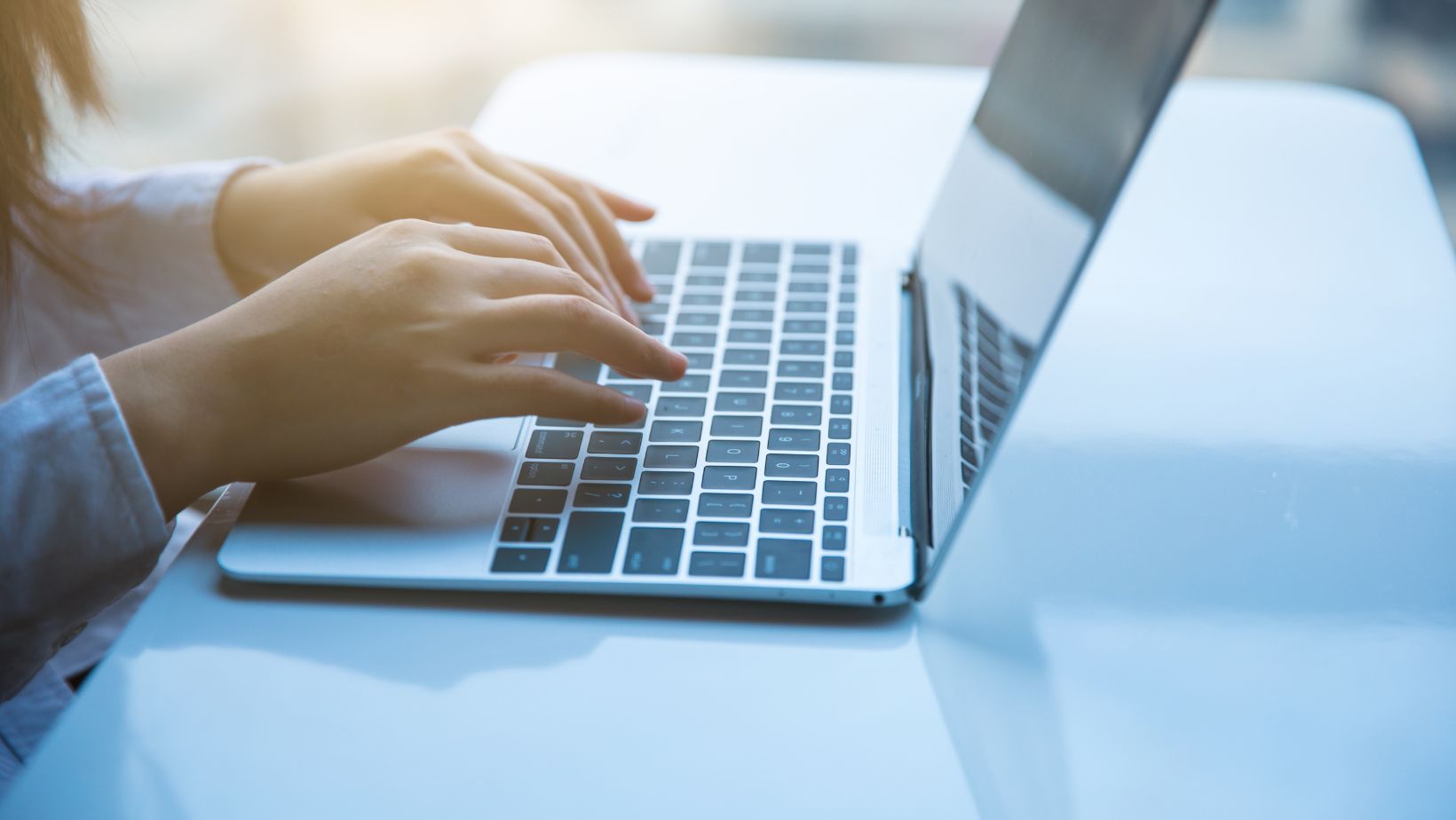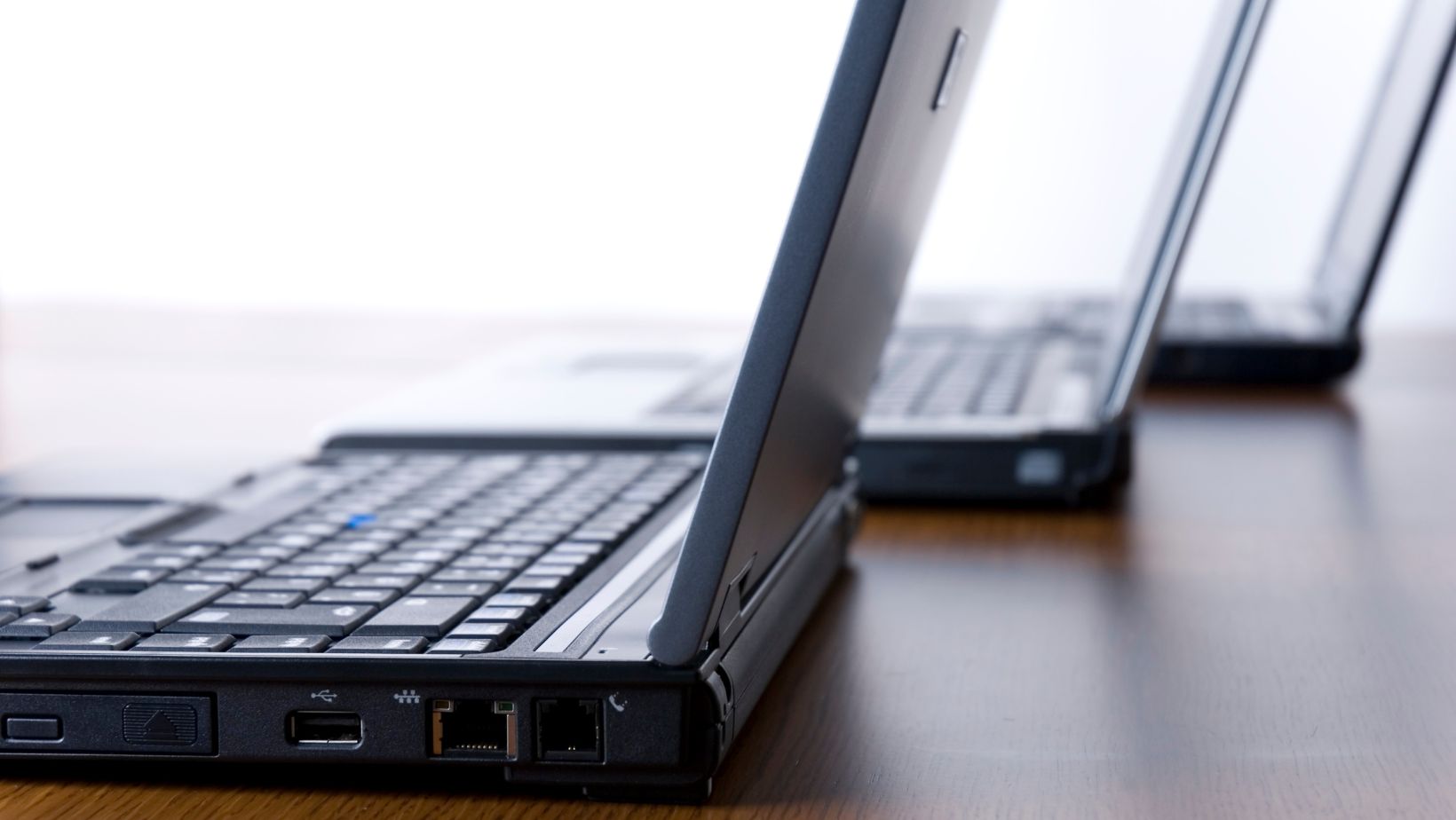In an age where our lives are increasingly intertwined with technology, securing your laptop has never been more critical. Whether you use it for work, personal communication, or online shopping, your laptop contains a wealth of sensitive information that can be targeted by cybercriminals. This article aims to provide you with a comprehensive guide on how to secure your laptop, ensuring that your digital life remains protected.
Use Strong, Unique Passwords
One of the simplest yet most effective ways to secure your laptop is by using strong, unique passwords for all your accounts. Avoid using easily guessable passwords like “123456” or “password.” Instead, create complex passwords that include a combination of letters, numbers, and symbols. Consider using a trusted password manager to generate and store these passwords securely.
Enable Two-Factor Authentication (2FA)
Two-factor authentication adds an extra layer of security to your accounts. When enabled, it requires you to provide two forms of verification (usually something you know, like a password, and something you have, like a smartphone) before granting access.
Enabling 2FA significantly reduces the risk of unauthorized access to your laptop and online accounts.
Keep Your Operating System and Software Updated
Regularly updating your operating system and software is crucial for laptop security. Developers release updates to fix vulnerabilities that hackers may exploit. Configure your laptop to install updates automatically to ensure you’re always running the latest, most secure versions.
Install Antivirus Software
A robust antivirus program is a must-have for any laptop. It can detect and remove malware, spyware, and other malicious software that can compromise your laptop’s security. Be sure to keep your antivirus software up-to-date and perform regular scans.
Be Wary of Phishing Attempts
Phishing attacks remain a prevalent threat. Cybercriminals use deceptive emails, websites, or messages to trick you into revealing sensitive information. Always verify the authenticity of emails and websites, and never click on suspicious links or download attachments from unknown sources.
Secure Your Wi-Fi Network
Your Wi-Fi network can be a weak point in your laptop’s security. Ensure that you’re using a strong, unique Wi-Fi password, and consider enabling WPA3 encryption for enhanced security. Additionally, change the default router login credentials to prevent unauthorized access.
Back-Up Your Data Regularly
Data loss can be devastating, whether due to hardware failure or a cyberattack. Regularly back up your important files to an external drive or a secure cloud storage service. This ensures that even if your laptop is compromised, your data remains safe.
Cybersecurity
Cybersecurity is a critical aspect of laptop security, focusing on protecting your digital assets from various online threats. Security Orchestration, Automation, and Response (SOAR) is a powerful approach in the realm of cybersecurity.
Now, how does SOAR security work? SOAR security solutions work by streamlining security processes, automating repetitive tasks, and providing real-time threat detection and response. This enables organizations and individuals to respond swiftly to security incidents, mitigating potential risks effectively. SOAR security systems use a combination of human intelligence and machine learning algorithms to identify and remediate security threats, ensuring a proactive defense against cyberattacks.
Utilize a Virtual Private Network (VPN)
When connecting to the internet, especially on public Wi-Fi networks, consider using a Virtual Private Network (VPN). A VPN encrypts your internet traffic, making it nearly impossible for cybercriminals to intercept and decipher your data. This extra layer of security not only protects your laptop but also ensures your online activities remain private and secure. Look for a reputable VPN service to keep your internet connection safe from potential threats while you browse, work, or shop online.
Conclusion
Securing your laptop is not just about protecting your hardware; it’s about safeguarding your digital life. By following the steps outlined in this comprehensive guide, you can significantly reduce the risk of falling victim to cyberattacks. Remember, in today’s digital age, staying vigilant and proactive about your laptop’s security is essential to keeping your personal and sensitive information safe from prying eyes.






